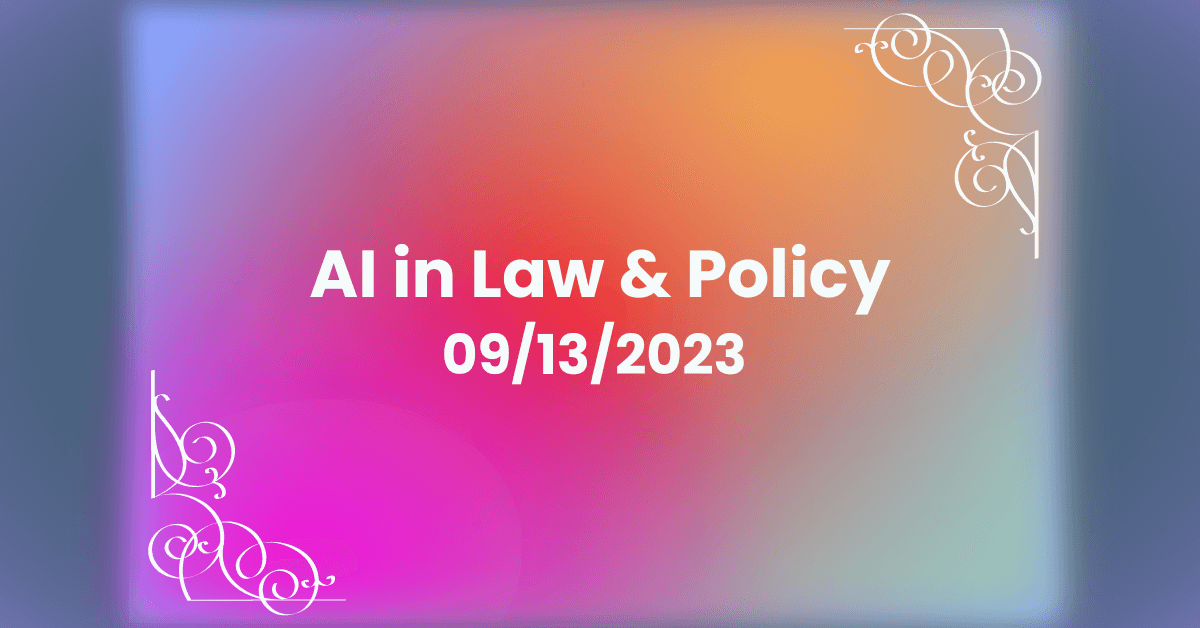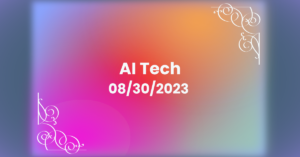OpenAI Files Motions to Dismiss Ancillary Claims
On August 28, OpenAI filed motions to dismiss the “ancillary claims” within the federal class actions currently pending against them in California, Ars Technica reports. These actions were filed earlier this year by Sarah Silverman, Paul Tremblay, and other authors who allege that the output of ChatGPT infringes their copyrights in their respective books. OpenAI now seeks to dismiss the claims of vicarious infringement, negligence, the DMCA, the California UCL, and unjust enrichment. This kind of motion is typical at this stage, and it occurs in nearly all litigation between sophisticated parties. Hearing is set for December 7.
I suspect OpenAI’s principal objective in these motions is to avoid revelation of its underlying processes. The vicarious liability claim is based on a theory that OpenAI has the right to supervise ChatGPT, and untangling that could be a minefield for OpenAI’s trade secrets. The looming question is how much OpenAI might have to reveal as the case proceeds to discovery, and no matter the outcome, these motions are unlikely to put that question to rest. After all, OpenAI could win the litigation outright and still lose if the black box of ChatGPT is pried open in the process.
X Corp–which is to say, Twitter–is the latest tech giant to not-so-sneakily amend its privacy policy to inform users that they may now have their data, including biometric data, used to train AI, according to Bloomberg Law. Afterwards, X owner Elon Musk was quick to join the ranks of Google, other name change casualty Meta (Facebook), and Zoom in attempting to reassure users that the change is not as dystopian as it seems. While cynicism is certainly appropriate, I hope this trend prompts lawmakers and regulators to adopt more robust legal protections, without which consumers who wish to protect their personal data from Big Tech may be left with no alternative but to unplug entirely.







